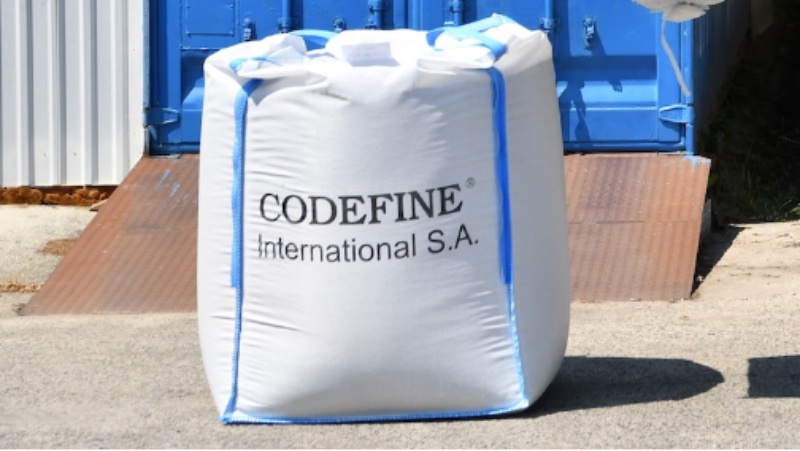
Flexible Intermediate Bulk Container (FIBC) bags, commonly known as “bulk bags,” are essential for industries that need to transport and store large volumes of materials. From agriculture to construction, FIBC bags streamline bulk handling processes, providing efficiency and safety. This guide will walk you through choosing the right FIBC bag type based on your industry’s unique needs, load capacity, discharge requirements, and safety standards.
Understanding the Different Types of FIBC Bags
Overview of FIBC Types
FIBC bags come in four main types—Type A, B, C, and D—each with specific material properties and uses. Type A bags are made from plain polypropylene and lack static protection, making them suitable for non-flammable materials. Type B bags are similar but offer limited anti-static properties, reducing the risk of spark generation. Type C and D bags are designed for higher-risk materials; Type C bags have conductive threads that require grounding, while Type D bags are made from antistatic fabric that safely dissipates static without grounding.
Type-Specific Properties and Applications
Choosing the right type depends on the material’s properties. For instance, Type A is ideal for non-flammable, non-hazardous goods, while Type B can handle low-flammable materials like grains or fertilisers. For industries working with flammable powders, Type C or D bags are essential due to their static control capabilities. Using the right bag type ensures safety during handling and transportation, especially for materials sensitive to static.
Industry-Specific Needs and Bag Types
Different industries have unique requirements. Type A bags are widely used in construction and mining for non-sensitive materials. In the agricultural sector, Type B is often chosen for crops or grains where limited static dissipation is beneficial. For chemical and pharmaceutical industries, Type C and D bags provide essential static protection, especially for hazardous or flammable materials, ensuring safe storage and transport.
Selecting the Right FIBC Bag for Your Industry
Matching Bags to Industry-Specific Requirements
Choosing the right FIBC bag goes beyond material compatibility. Each industry has specific regulatory and safety needs. For example, the chemical industry requires conductive or anti-static bags to prevent accidental ignition of volatile materials. By aligning bag type with material sensitivity, industries can reduce risks and meet compliance standards.
Load-Bearing and Weight Considerations
It’s crucial to choose an FIBC bag that can handle the weight requirements of your materials. Higher weight-rated bags are essential for industries dealing with heavy loads, like construction or mining. Lighter industries, such as food or pharmaceuticals, may prioritise other bag attributes, but understanding load capacity is fundamental to prevent overloading and ensure safe handling.
Discharge Needs and Bag Features
Discharge options play a significant role in the ease of emptying bulk bags. Bags with bottom spouts or full-open discharge features allow efficient material unloading, ideal for industries with specific processing needs. Customising discharge features based on your handling processes enhances productivity and minimises material waste.
Safety and Compliance in FIBC Bag Selection
Understanding Safety Standards for FIBC Bags
International standards, such as ISO, provide guidelines to ensure safe handling of bulk materials. Following these standards is especially crucial in regulated industries like pharmaceuticals, where high compliance standards are required. Choosing FIBC bags that adhere to these standards helps industries avoid penalties and ensures a safer work environment.
Handling Static and Electrical Safety
For industries dealing with volatile or static-sensitive materials, selecting Type C or D bags is essential. These types help prevent static build-up and accidental ignition, providing a safe environment for handling flammable products.
Environmental and Regulatory Compliance
Environmental compliance is increasingly important. Selecting FIBC bags that meet waste disposal and environmental regulations is essential, particularly in the chemical and construction industries, where sustainable waste handling is often mandatory.
Choosing the right FIBC bag—whether it’s FIBC big bags for construction or static-resistant options for chemicals—can make a significant difference in efficiency, safety, and compliance. By assessing your industry’s specific requirements, you can optimise handling processes and ensure a safe, compliant operation tailored to your needs.